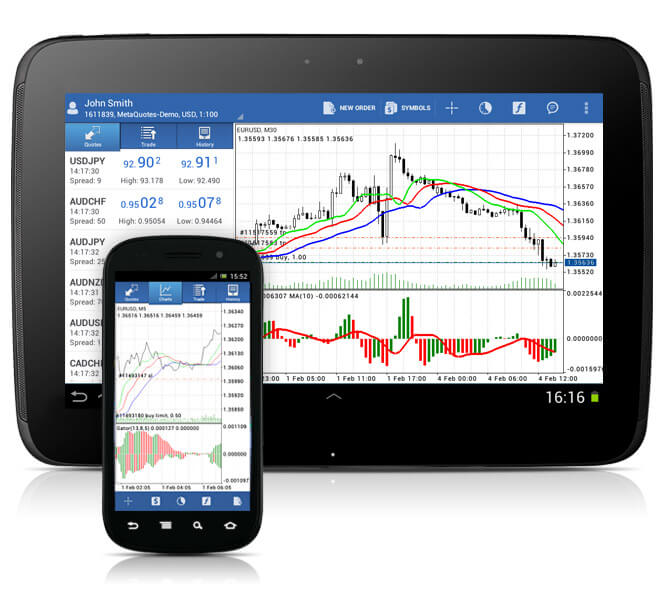
proprietary trading, or prop trading, offers a unique opportunity for traders to leverage a firm’s capital to generate profits. It’s a high-stakes profession that demands not only passion but also a specific set of technical and personal skills. Mastering these skills can make the difference between excelling in this competitive industry and merely scraping by. Here, we discuss the key skills every proprietary trader needs to succeed.
1. Analytical Skills
At the heart of proprietary trading lies data analysis. Traders must interpret complex financial data, charts, and patterns to make informed decisions. This involves understanding market trends, economic indicators, and global events that influence asset prices. Strong analytical skills enable a trader to develop strategies that maximize returns while managing risks.
Example:
A successful trader might use historical price patterns to predict market movements, combining technical analysis with real-time news to execute timely trades.
2. Risk Management
Risk management is crucial in proprietary trading. Without it, even a profitable streak can turn into massive losses. Traders must gauge their risk tolerance, set clear stop-loss limits, and know when to walk away from losing positions. Effective risk management ensures that capital is preserved for long-term gains.
Quick Tip:
Always have a clearly defined risk-reward ratio for every trade. For example, if you risk $1, aim for a reward of at least $2 to ensure profitability over time.
3. Discipline and Emotional Control
Trading is as much about psychology as it is about numbers. The ability to stay focused, maintain discipline, and keep emotions in check during volatile market conditions is essential. Impulsive decisions based on fear or greed can lead to costly mistakes.
Advice:
Develop a trading routine and stick to your strategy, especially during periods of uncertainty. Keeping a trading journal can help identify emotional triggers and improve decision-making.
4. Technical Proficiency
Modern proprietary trading relies heavily on technology. A deep understanding of trading platforms, algorithms, and various financial instruments is necessary. Traders also benefit from staying up-to-date on advancements in trading software and tools.
Must-Have Skill Set:
Invest time in learning about financial modeling or coding languages like Python that are commonly used to create advanced trading strategies.
5. Continuous Learning
Financial markets are always evolving, influenced by new policies, technologies, and global events. Successful traders never stop learning—they constantly adapt their strategies to stay ahead.
Suggestion:
Read financial news daily or enroll in courses to deepen your understanding of market behavior and trading innovations.
Closing Thoughts
Proprietary trading requires a combination of technical expertise, emotional resilience, and a passion for learning. By cultivating these key skills, traders can build a foundation for sustained success in an industry that rewards those who are both prepared and adaptable.


